Recovery of files affected by Pipikaki Ransomware
We can retrieve data encrypted by Pipikaki ransomware on the majority of the storage devices
- VMware ESXi
- Microsoft Hyper-V
- Microsoft SQL Server
- Firebird
- Oracle
- VMware ESXi
- Microsoft Hyper-V
- Microsoft SQL Server
- Firebird
- Oracle
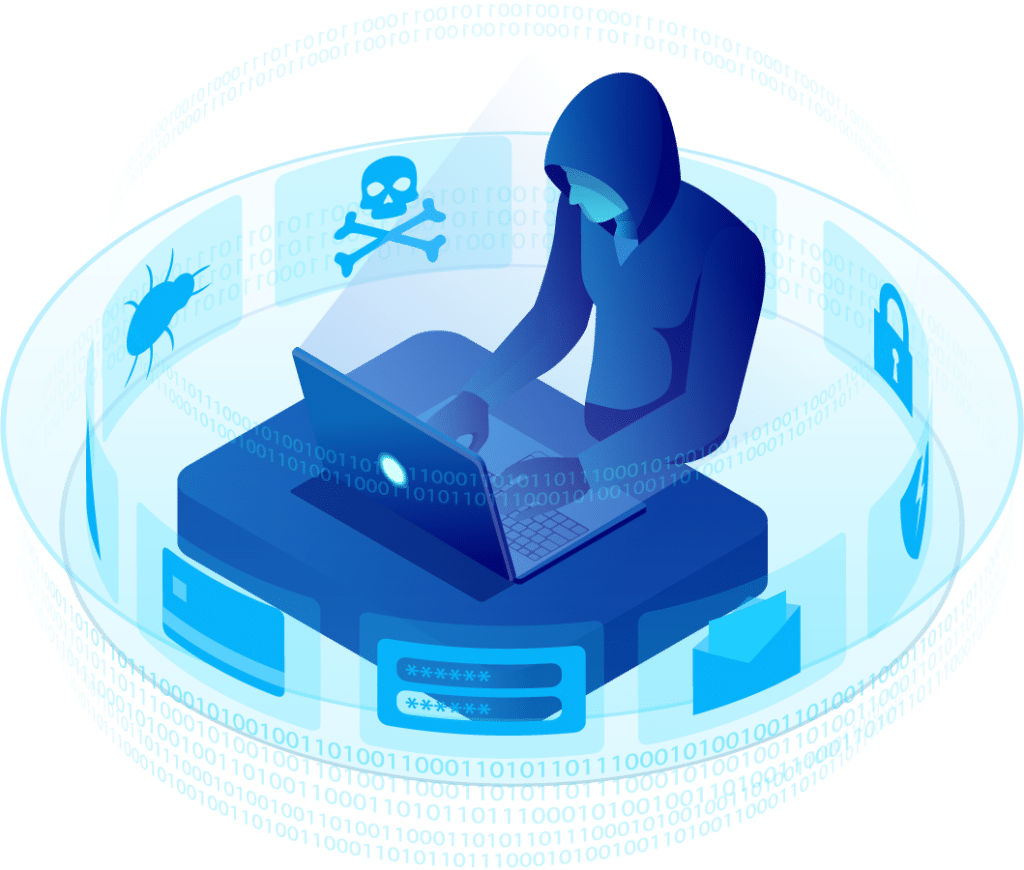
WORLDWIDE SERVICES
CASES OF LOCKBIT ATTACK
CASES OF BLACK CAT ATTACK
CASES OF HIVE LEAKS ATTACK
CASES OF MALLOX ATTACK
AMOUNT SAVED FOR NOT DEALING WITH HACKERS
Decrypt Pipikaki ransomware files
We have made it possible to recover Pipikaki encrypted files through our distinctive solutions.
In recent years, ransomware attacks have emerged as a prominent and highly destructive form of cyber attack. There has been an unprecedented increase in the number of companies that have had their data completely encrypted after an attack.
Many of these Pipikaki attacks are specific and targeted to the victim company, such attacks have enormous destructive potential. Not only is the group in no hurry to start the process of encrypting the data, without first reaching online backups and as many devices on the network as possible, this process can last for months, and when the ransomware is executed it can encrypt the vast majority of the data or even 100% of the files.
When faced with such a catastrophic event, there is often little that can be done, particularly if the backup systems have also been compromised or are not current. The staggering number of companies that have been forced to shut down following the encryption of their data serves as a grim reminder of the devastating consequences of these attacks.
In many cases, even after payment of the Pipikaki ransom, the decryption key is not sent by the criminals, and in these cases there is no higher authority to turn to.
Digital Recovery comes to the market with solutions capable of decrypting files affected by ransomware. We have solid numbers in our recovery projects.
Why Digital Recovery?
With over 23 years of experience, we have garnered a global clientele of satisfied customers who have benefited from our solutions. Our ability to remotely execute the majority of our solutions, coupled with our multilingual support, has enabled us to provide effective assistance to customers worldwide.
As Pipikaki ransomware attacks continue to rise globally, we have focused our expertise on ransomware decryption. Our team has developed a distinctive solution that can be applied to a wide range of storage devices, including Virtual Machines, RAID Systems, Storages (NAS, DAS, SAN), Databases, Servers, and much more.
Our specialists are highly qualified and have the latest technologies in the data recovery market, the main one is called TRACER, a proprietary technology with which we have obtained expressive results in the decryption of ransomware files.
We offer an advanced diagnosis that will allow us to understand the dimension of the Pipikaki attack, this first diagnosis can be done in the first 24 working hours from the time we receive the samples. After this process, we provide a commercial agreement and, once accepted, we kick off the process of decrypting the files.
All our solutions are compliant with the General Data Protection Regulation (GDPR), ensuring complete security and protection for our customers. Our legal department has drafted a confidentiality agreement (NDA) that we provide to our clients. However, if you prefer to provide your own NDA, we are open to reviewing and accepting it, if necessary.
We are always online
Please fill out the form, or select your preferred contact method. We will contact you to start recovering your files.
Success Cases
What our customers say about us
"We had a serious issue following a NAS server power outage in Raid 5. I immediately contacted DIGITAL RECOVERY. After a few days of hard work the issue was resolved."
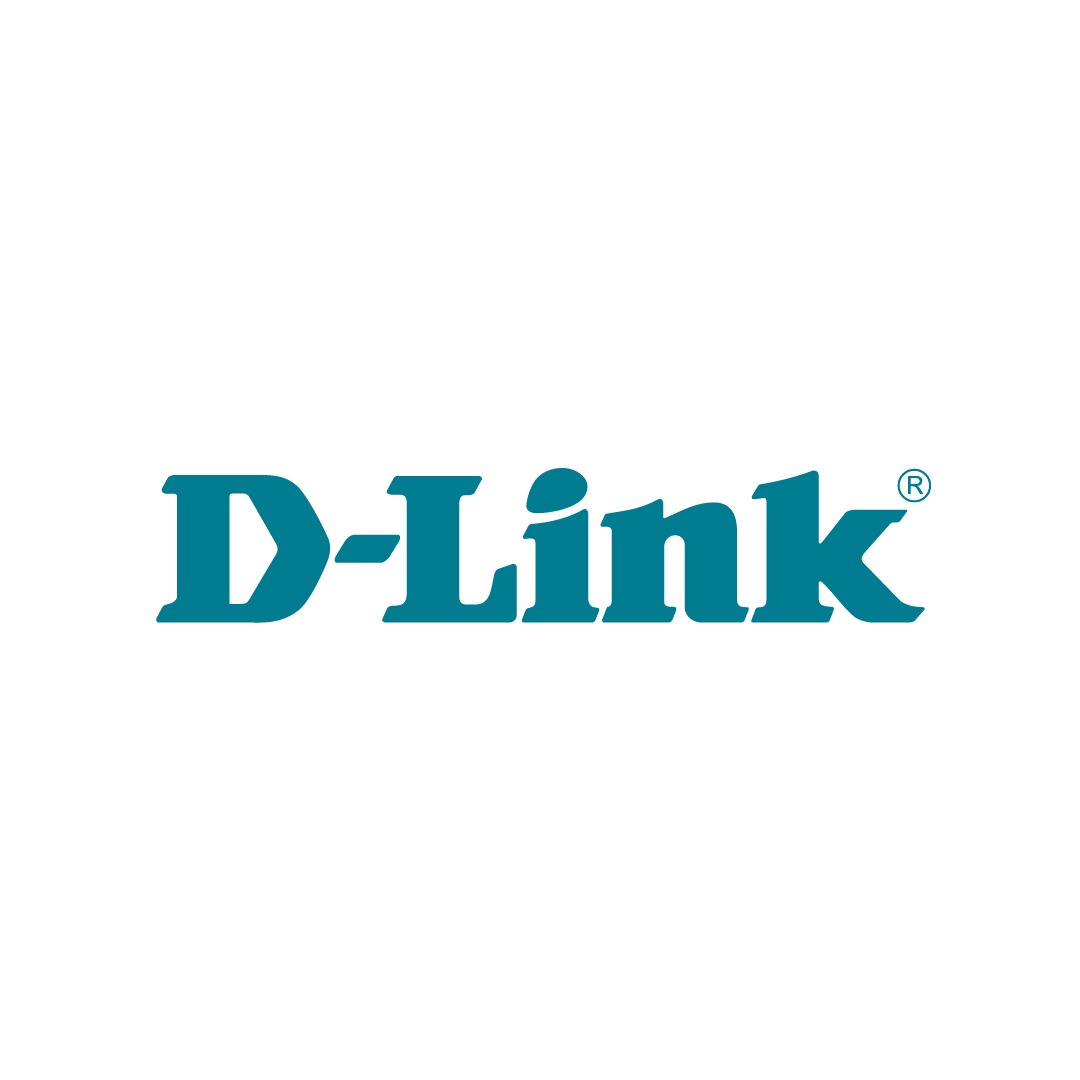
"One of our RAID servers had stopped. After several attempts without fixing the problem we found DIGITAL RECOVERY and 5 hours later, at 4:00 am, the data was recovered."

"We referred DIGITAL RECOVERY in a special case (data loss) in a storage RAID 5. Digital Recovery recovered 32 million files and the customer was extremely satisfied."

"Without any doubts the best data recovery company. Digital Recovery contact details will always be saved on my cell phone, as I will inevitably need it again."

"The quality of the service is excellent. The attention given to the service is gratifying and the feedbacks that are given leave us calm, knowing that we can trust in the work and dedication."

Customer since 2017
"Great company, they saved me from a big problem!!! I recommend them, what a quick service, my thanks to the Digital Recovery team for the attention and speed in solving the problem! Awesome!"

"The second time I count on the agility and professionalism of the Digital Recovery team, they are very experienced and agile. I recommend them to everyone"

They helped me recover some data that I had thought was lost. I had a great experience with the team for their calmness, agility, and transparency.
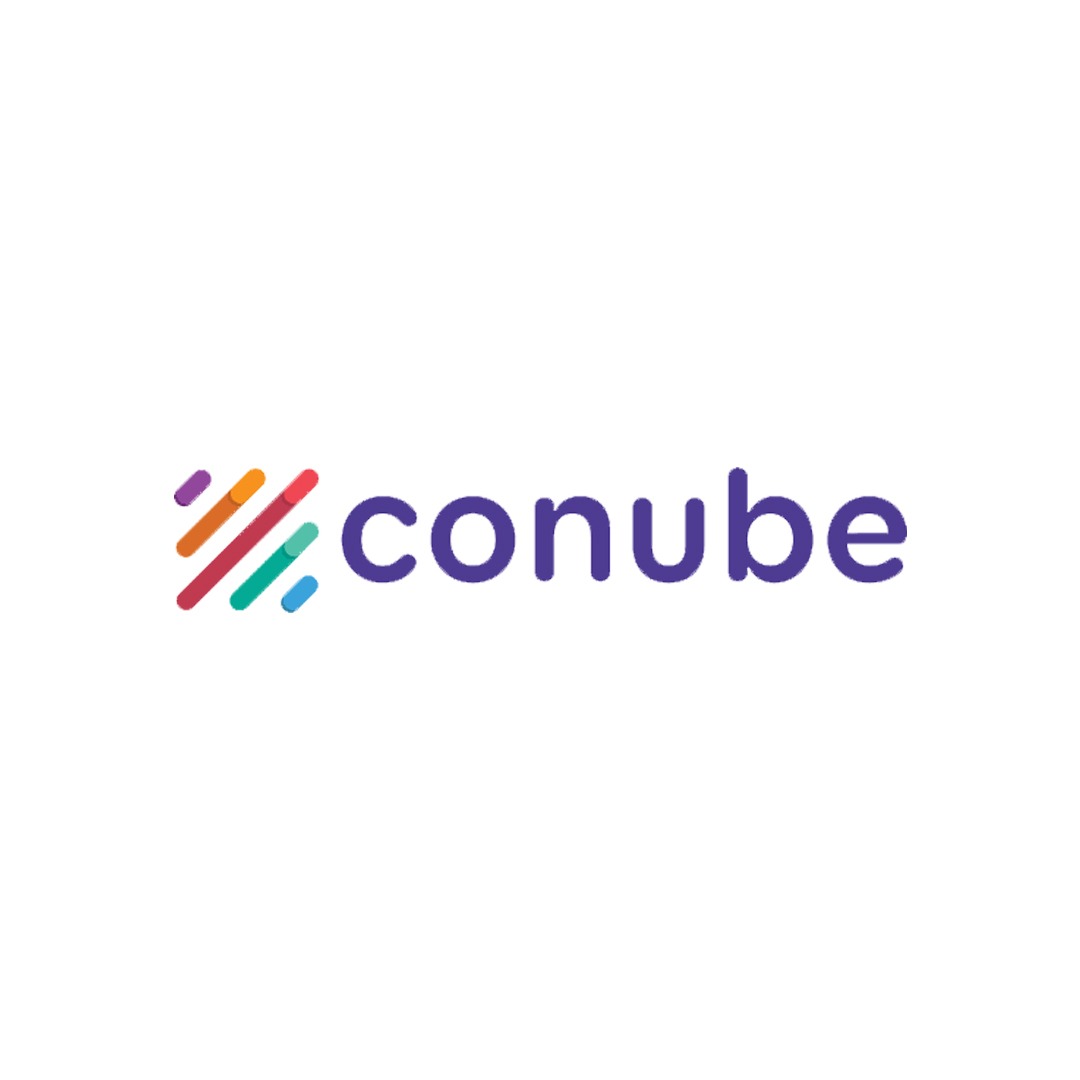









Answers from our experts
The recovery of Pipikaki ransomware files is only possible because we have developed a proprietary technology that allows us to locate the encrypted files and reconstruct them, in many cases.
Successful recovery of encrypted ransomware files requires knowledge about the specific storage device that was affected. Our experts possess extensive knowledge and expertise in each of the major storage devices, including RAID systems, Storages (NAS, DAS, SAN), Databases, Servers, Virtual Machines, and more. Without this specialized knowledge, file recovery can be compromised and may not be possible.
How to choose a company to decrypt my data?
Few companies in the world are able to decrypt Pipikaki ransomware files, so information about this possibility is scarce, to the point that many think that such a recovery is impossible. Also, there is a lot of incorrect information stating that decryption is not possible.
And among all these discussions there are serious companies that have developed such solutions, such as Digital Recovery.
Due to the confidential nature of the recovery process and customer information, formal testimonials regarding these processes are limited.
In light of these challenges, it is crucial to seek out reputable companies with significant experience in the data recovery industry, and that provide direct access to a dedicated expert from the initial point of contact. This ensures that customers can trust the expertise and reliability of the company, and receive the support they need to navigate the recovery process.
How much does the process to decrypt Pipikaki ransomware cost?
The cost of the ransomware decryption process can only be determined after an initial diagnosis, as the extent of the damage caused by the Pipikaki ransomware attack needs to be assessed. This evaluation will determine if the decryption process is possible or not, and the complexity of the process required. As a result, it is not possible to provide an estimate or quote for the cost of the decryption process without first conducting an analysis.
After the initial diagnosis, a commercial proposal is made available and, once accepted, the recovery process is started. In most of the cases the payment is only made after the validation of the recovered files, done by the customer himself in a remote session.
Is negotiating with hackers from Pipikaki group a good option?
Criminals often rely on victims contacting them in the first few hours after a ransomware attack, and will use threatening language in their ransom demands. During this initial contact, victims may be under significant stress and may be more likely to comply with the criminals’ demands.
We recommend that the victim should not contact the Pipikaki criminals, but contact professionals in this field, so that, accompanied by an expert, they can analyze the data and verify the possibilities of recovery.
Latest insights from our experts

What is Flash Memory?
Since its invention in the 1980s, Flash memory has revolutionized digital data storage. Essential for mobile devices, digital cameras, storage units and more, it combines
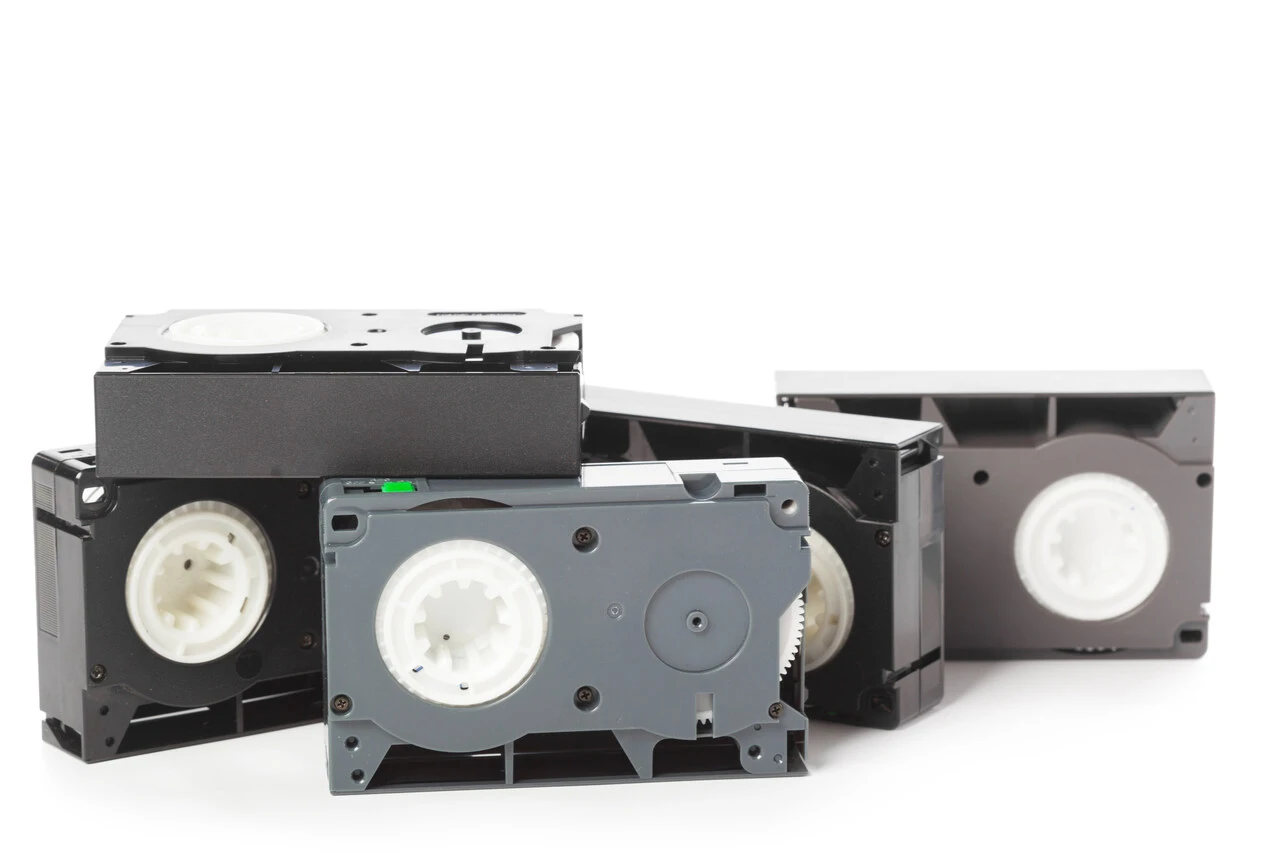
Data portability on magnetic tapes
Data portability on magnetic tapes consists of migrating data stored on an old tape to a tape with current technology. Data portability is vital for
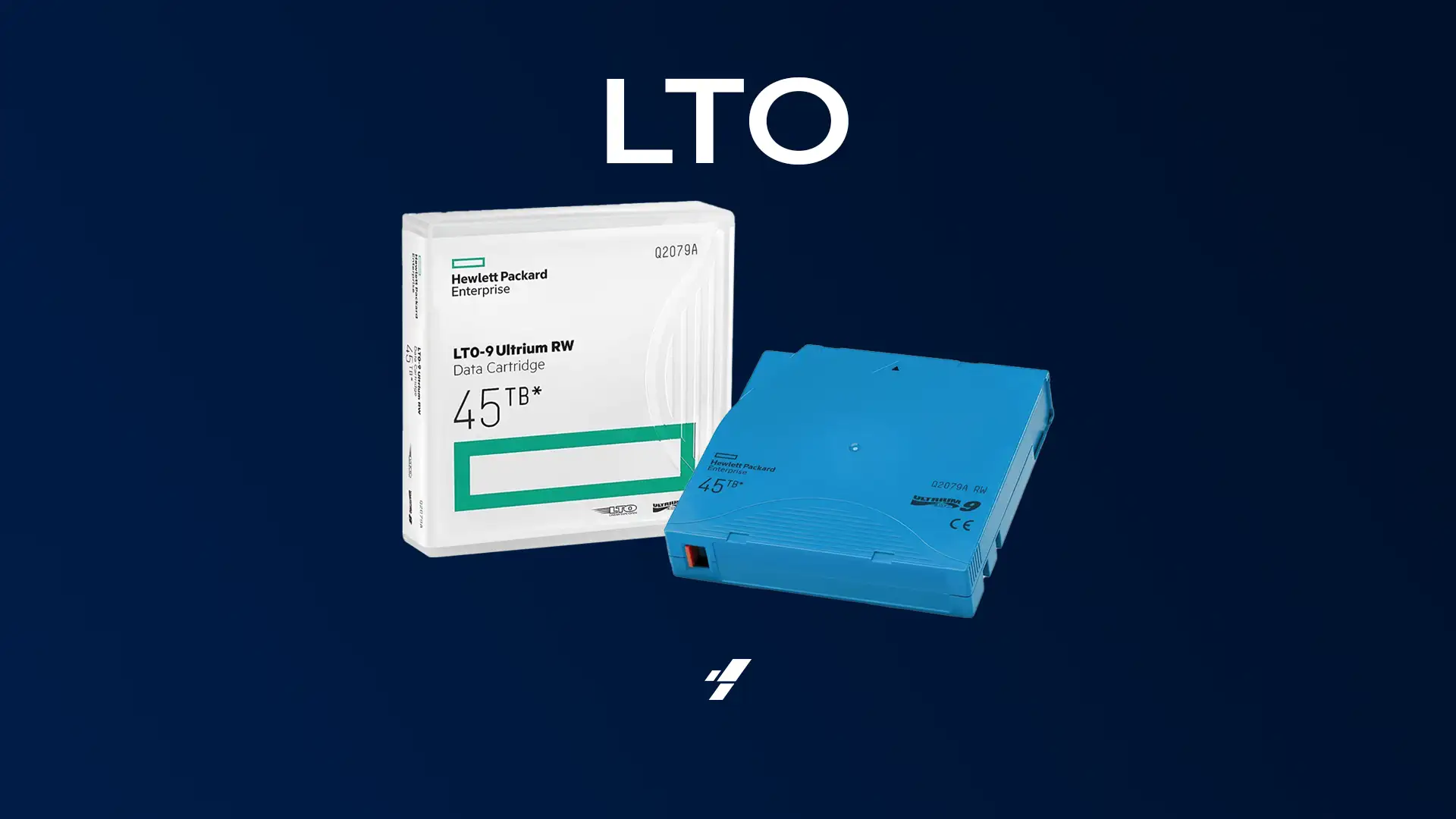
What are LTO tapes? Discover the power of long-term storage
LTO tapes, the acronym for Linear Tape-Open, represent a magnetic tape data storage technology developed in the late 1990s as an open format by a
What you need to know
How to prevent a Pipikaki ransomware attack?
Preventing a Pipikaki ransomware attack requires a comprehensive cybersecurity framework, but that’s not all, let’s list some important points that you need to pay attention to.
Keep software and operating systems up to date: Regularly update software and operating systems with the latest security patches to protect against known vulnerabilities.
Use strong passwords and two-factor authentication: Use strong, unique passwords for all accounts and enable two-factor authentication to add an extra layer of security.
Educate employees: Train employees on how to recognize phishing emails and other social engineering tactics used by cybercriminals.
Back up data regularly: Make sure to regularly back up important data to a secure, offsite location.
Use antivirus and antimalware software: Use reputable antivirus and antimalware software and keep it up to date.
Limit user access: Restrict user access to only what is necessary to perform their job functions and regularly review and remove unnecessary access.
Monitor network traffic: Regularly monitor network traffic to detect unusual activity or traffic patterns.
Have an incident response plan: Develop and regularly test an incident response plan to respond quickly and effectively to a ransomware attack.
By following these best practices, organizations can help reduce their risk of falling victim to a Pipikaki ransomware attack.
What is the most common means of access used by hackers to break into the environments?
There exist various tactics utilized by Pipikaki criminals, the primary ones being: dissemination of infected files, malicious hyperlinks, RDP-based assaults, phishing, spam email campaigns, among others.
Their ultimate objective is to infiltrate the victim’s system without their knowledge. Therefore, Pipikaki ransomware disguises itself within the system to evade detection by security systems.
In situations where user involvement is required, perpetrators employ phishing techniques to induce the victim into unwittingly downloading ransomware onto their system.
Is there any behavior of my server, that I can analyze, to know if I am being attacked by Pipikaki Ransomware?
Suspicious activities such as excessive processing, memory usage, and disk access warrant a thorough investigation to determine whether an attack is in progress.
Pipikaki Ransomware typically utilizes the machine’s own resources to carry out data exfiltration and encryption, thereby imposing a heavy load on the system’s resources.
Moreover, detecting the attack through changes to file extensions can be challenging since the encryption process would have already been initiated, making it a more complex process.
What happens if I don't pay the Pipikaki ransom?
If a device is affected by Pipikaki ransomware that uses encryption, the encrypted data will remain inaccessible until the ransom is paid or the device is formatted.
However, if the attacking group employs the double extortion tactic of copying and exfiltrating all files from the device prior to encryption, they may post the stolen files on the group’s website or on Dark Web forums. In this case, even if the victim pays the ransom or formats the affected device, the original data will remain encrypted while the stolen files will be exposed, causing significant data breaches and privacy concerns.



